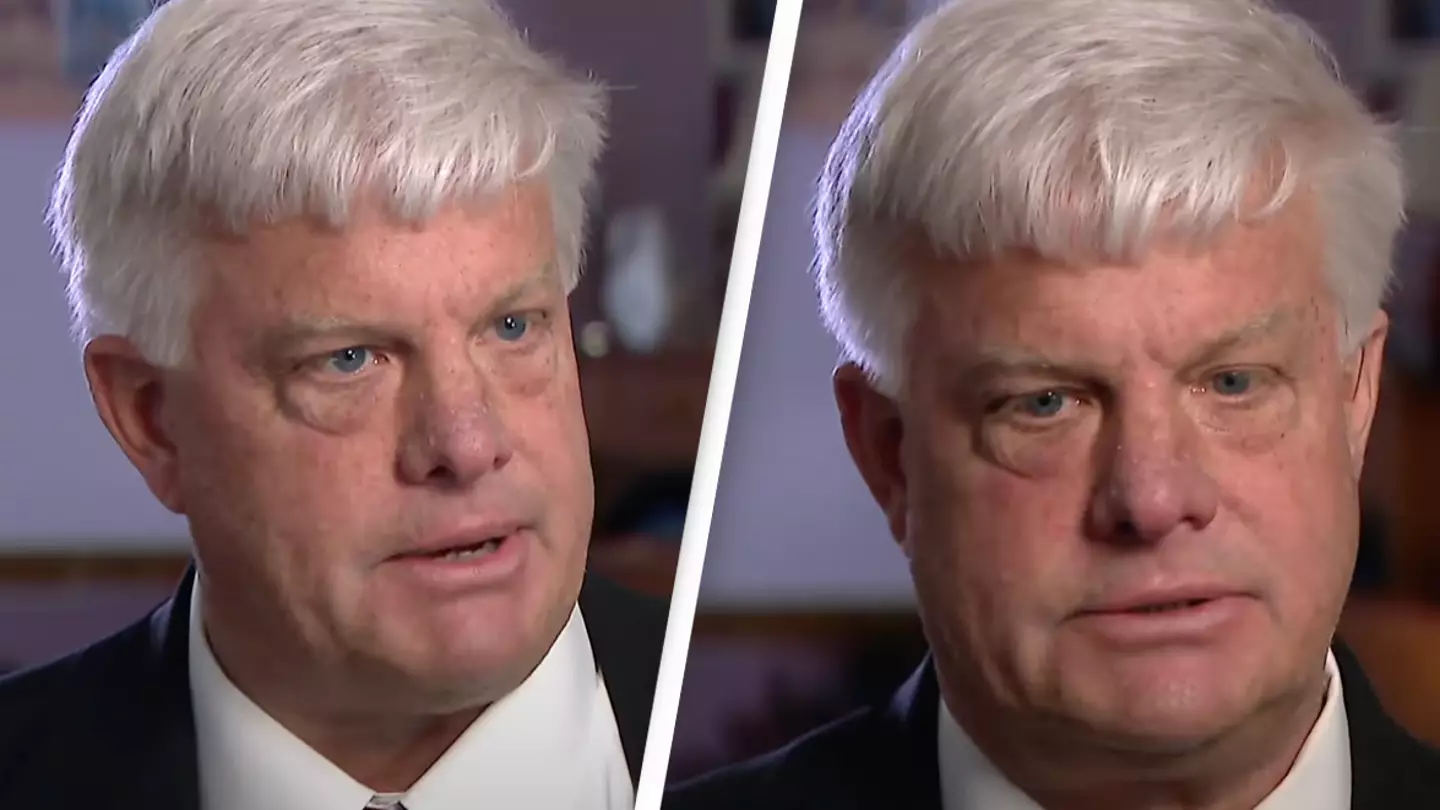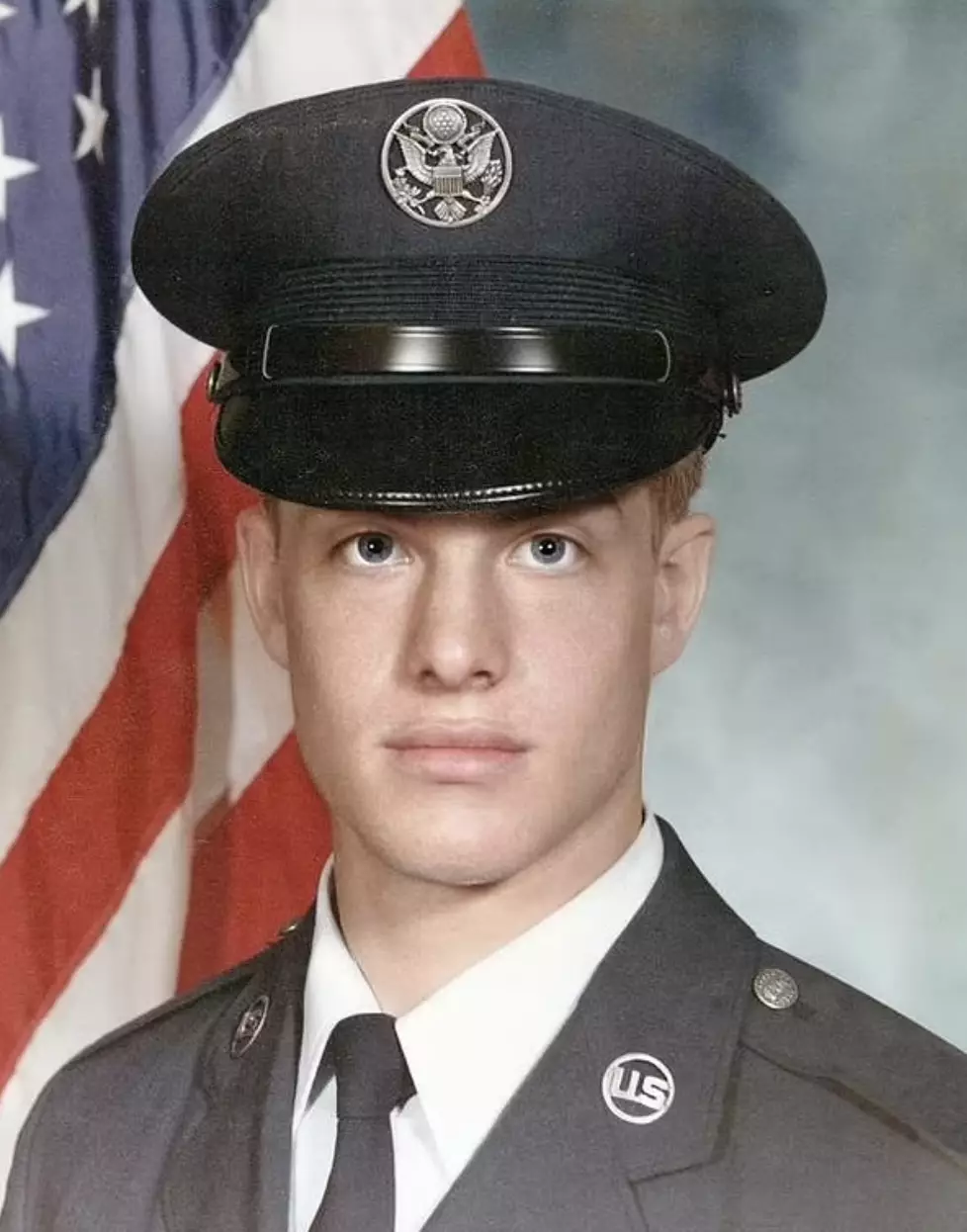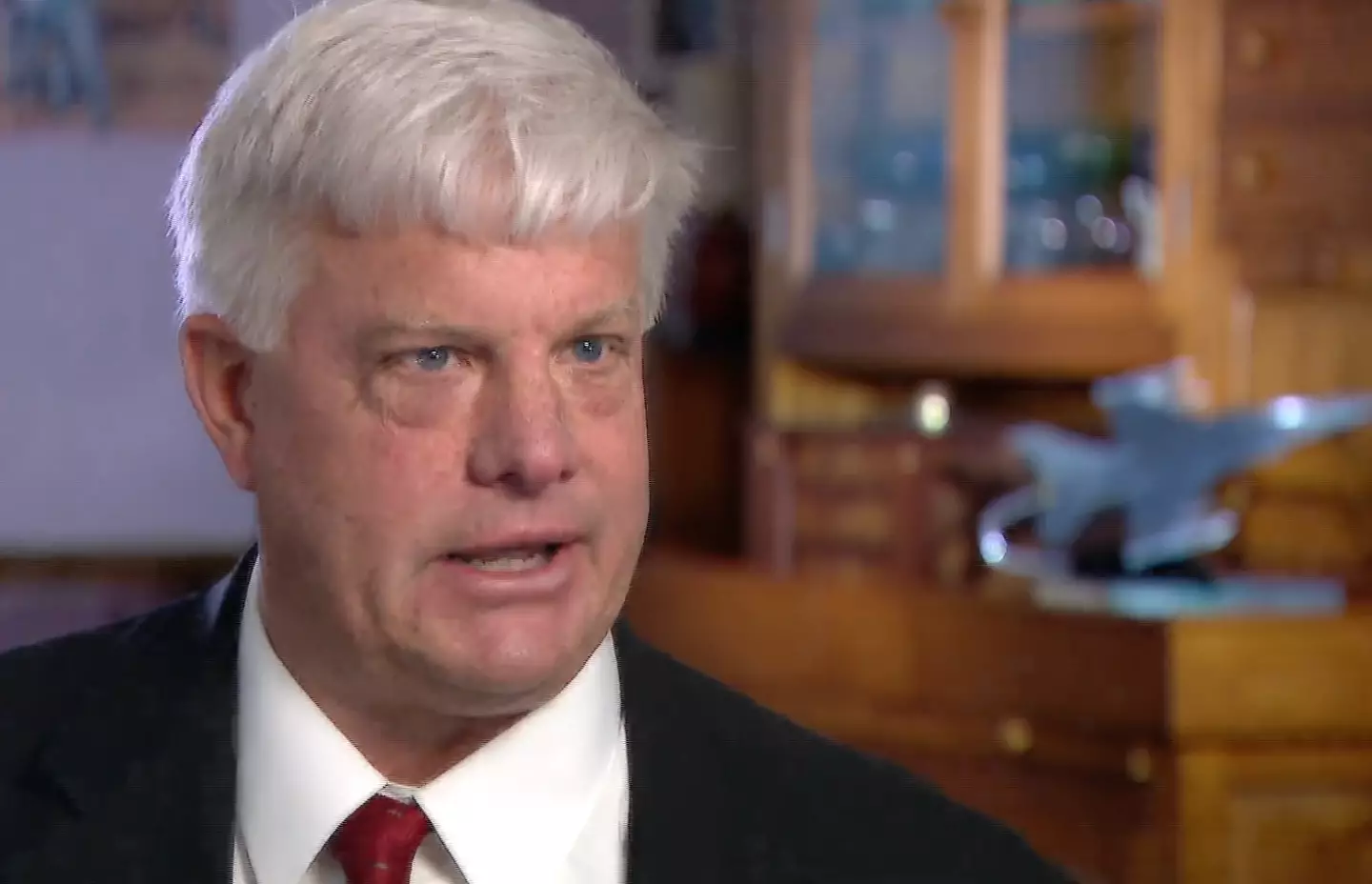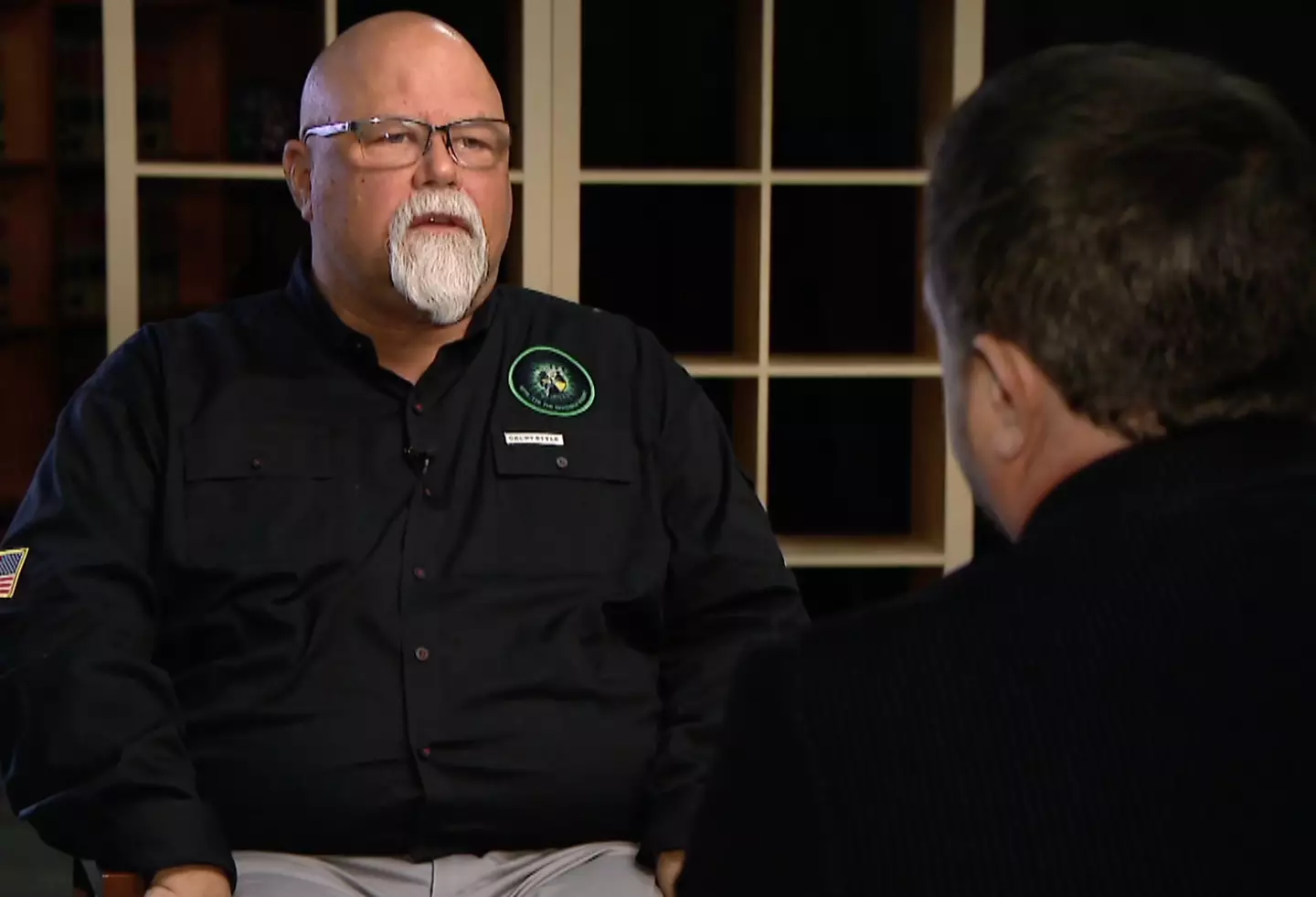
A military veteran has claimed his top secret Cold War mission ruined his health - and he's been blocked from getting the help he needs.
In the 1980s, Air Force technician, Mark Ely, worked on a classified mission at the Tonopah Test Range in the Nevada desert - sometimes referred to as Area 52 - where he inspected Soviet fighter jets.

The mission was top secret, with Ely telling CBS News that he had to sign a non-disclosure agreement.
Advert
"Upholding the national interest was more important than my own life," he said.
Although Ely was a fit and healthy young man when he worked at the base, he's now 63 and says he is dealing with life-threatening consequences as a result of the radiation he was exposed to.
"It scarred my lungs. I got cysts on my liver... I started having lipomas, tumors inside my body I had to remove. My lining in my bladder was shed," he said.
"There's a slogan that people say: 'Deny deny until you die.' Kind of true here."
Although Ely's records prove he took part in a number of assignments, Ely says the government have not acknowledged his mission at Area 52.
"It makes me incredibly mad and it hurts me too because they're supposed to have my back," he added.
"I had theirs and I want them to have mine."

David Crete says he also worked at the same site, and now has breathing issues as well as a tumour, which he had removed from his back.
He says after speaking to other veterans he's seen 'all kinds of cancers'.
Although some employees have been able to access $25 billion in federal assistance after working in the region, Air Force veterans reportedly have not.
While The Department of Defense confirmed to CBS News that Ely and Crete did serve, they did not say where.
Crete, as well as fellow veteran Pomp Braswell, have since filed a lawsuit, alleging that they suffered health problems due to the soil they worked on being contaminated with toxic substances.

"The thing is we were all handpicked, to be up there are get that clearance," said Braswell.
"With that being said we were all at the top of our game, always."
Crete added: "The government said they secured the area so there would be no more spread of the contamination.
"The way they secured it was with a barbed wire fence. Now I don't have a PhD in Physics, but a barbed wire fence isn't going to do that."
UNILAD has contacted The Department of Defense for a comment.
